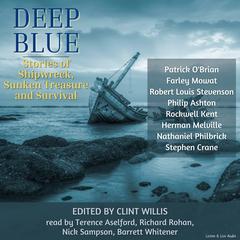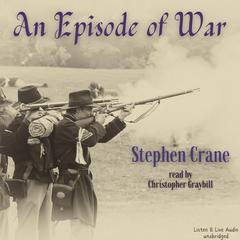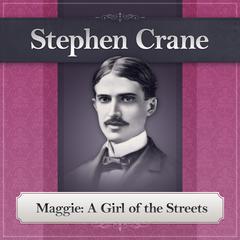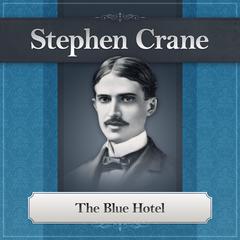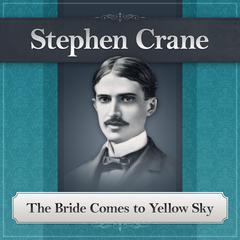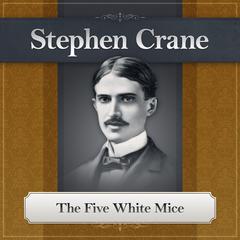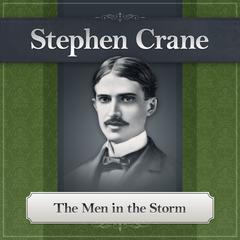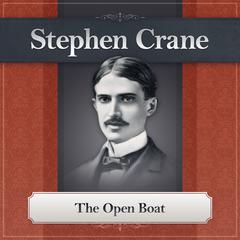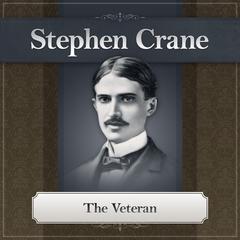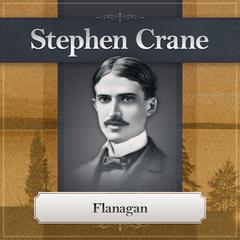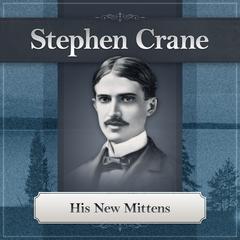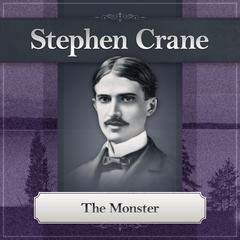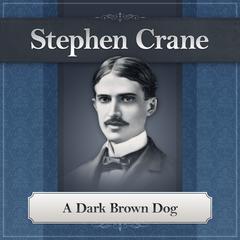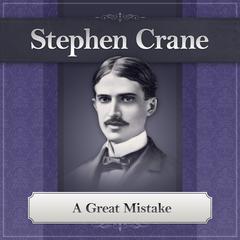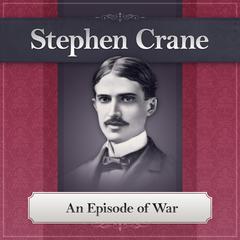Quick Stats About this Audiobook
Total Audiobook Chapters:
Longest Chapter Length:
Shortest Chapter Length:
Average Chapter Length:
Audiobooks by this Author:
Publisher Description
First published in 1893, Maggie: A Girl of the Streets is the first published fiction work of American author Stephen Crane. A harrowing depiction of a pretty young girl's life in the slums of turn-of-the-century New York City and her eventual decline into prostitution, Crane's novel is a starkly realistic examination of poverty and the challenges brought about by the rapid industrialization the United States underwent in the late 1800s. An enduring classic, Maggie is often regarded as the first example of naturalism in American fiction, a literary movement that included such authors as Theodore Dreiser and Upton Sinclair. This edition also includes three of Crane's short stories: "The Monster," "The Blue Hotel," and "His New Mittens."
Download and start listening now!
"The story "An Experiment in Misery" had one of the best sentences I've ever read in my life: "He appeared like an assassin steeped in crimes performed awkwardly."AWESOME! "
— Lori (5 out of 5 stars)
Maggie: A Girl of the Streets and other Stories Listener Reviews
-
" Maggie is decent, at best. However, some of Crane's other short stories in the collection like the Open Boat and the Blue Hotel make this book worth picking up. "
— Seth, 4/16/2013 -
" short. terse. to the point. very illustrative. demonstrates the predator/prey relationship and social darwinist ideals of the early 20th century. shows the impact of family values and environment on individuals amazingly well. "
— Gina, 2/9/2013 -
" Maggie and George's Mother were great. Its because of the other included stories that I give this a three. Without them it would be a four. "
— Matthew, 12/22/2012 -
" Short and to the point, though I think it could have benefited from a bit more detail. It's so sparse that I barely cared what happened to the characters, especially Molly, who seems almost secondary. "
— Brittanie, 8/6/2012 -
" Naturalism better than Thomas Hardy's Tess. A disappointing ending - but cause for good discussion. "
— Anne-Marie, 7/13/2012 -
" man, this book was tedious. i liked the end though. great birth metaphor -- or perhaps unbirth, the giant fat man near the river swallowing her up. (also, by "great birth metaphor" i meant "kind of disgusting birth metaphor"). "
— Laura, 4/11/2012 -
" maggie: a girl of the streets and george's mother are both stellar stories. dark, dismal, and very real. "
— Christopher, 7/30/2011 -
" Maggie, A Girl of the Streets and Other New York Writings by Stephen Crane (Modern Library 2001)(Fiction) is a moralistic tale of the depths to which young girls in the city must stoop to survive in the late 19th century. Piffle. My rating: 3/10, finished 10/6/11. "
— Dave, 3/17/2011 -
" Intense fight scenes, but the other stories in the version I read were better, Open boat, Bride comes to yellow Sky, The Blue Hotel, The Monster. Those were the ones that had real effect. "
— Neal, 7/17/2010 -
" Short and to the point, though I think it could have benefited from a bit more detail. It's so sparse that I barely cared what happened to the characters, especially Molly, who seems almost secondary. "
— Brittanie, 1/25/2010 -
" Naturalism better than Thomas Hardy's Tess. A disappointing ending - but cause for good discussion. "
— Anne-Marie, 7/22/2007 -
" short. terse. to the point. very illustrative. demonstrates the predator/prey relationship and social darwinist ideals of the early 20th century. shows the impact of family values and environment on individuals amazingly well. "
— Gina, 6/1/2007 -
" man, this book was tedious. i liked the end though. great birth metaphor -- or perhaps unbirth, the giant fat man near the river swallowing her up. (also, by "great birth metaphor" i meant "kind of disgusting birth metaphor"). "
— Laura, 5/17/2007
About Stephen Crane
Stephen Crane (1871–1900) was an American novelist, poet, and journalist. He worked as a reporter of slum life in New York and a highly paid war correspondent for newspaper tycoons William Randolph Hearst and Joseph Pulitzer. He wrote many works of fiction, poems, and accounts of war, all well received but none as acclaimed as his 1895 Civil War novel, The Red Badge of Courage. Today he is considered one of the most innovative American writers of the 1890s and one of the founders of literary realism.
About Dick Hill
Dick Hill, named a Golden Voice by AudioFile magazine, is one of the most awarded narrators in the business, having earned several Audie Awards and thirty-four AudioFile Earphones Awards. In addition to narrating, he has both acted in and written for the theater.








